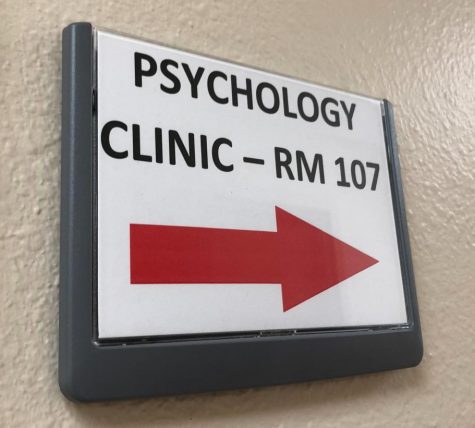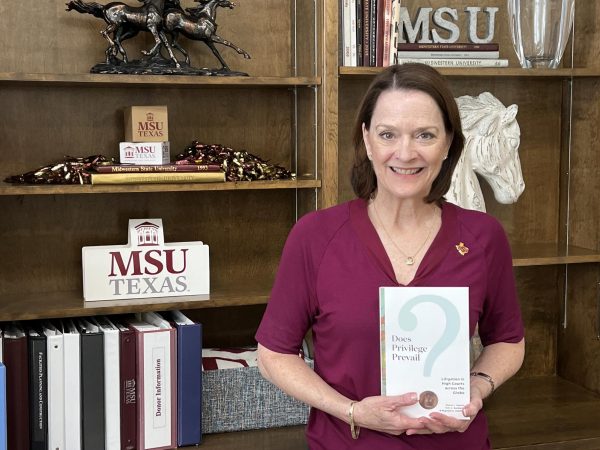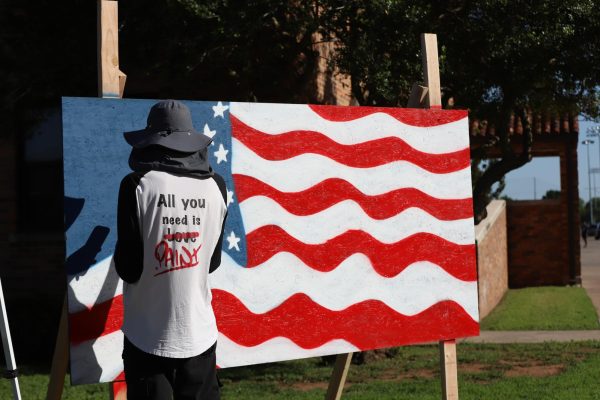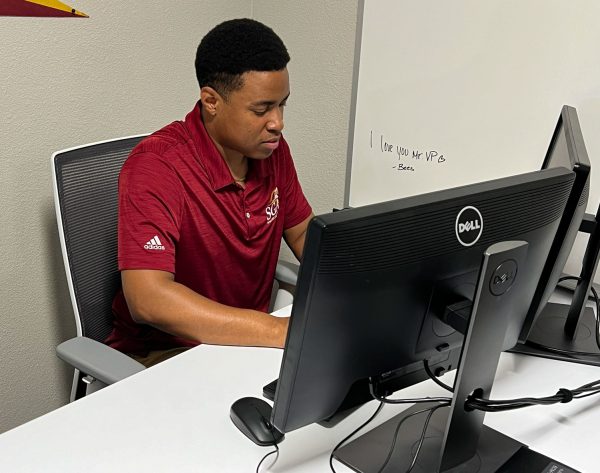Psychology Clinic, an underutilized resource
September 18, 2018

To give students, faculty and staff another resource for discussing personal issues, the Psychology Clinic, located in O’Donohoe Room 107, is primarily a graduate student-run service, with the exception of the licensed psychologists who oversee the graduate students. Funded by the psychology department, the clinic aims to help faculty, staff, students or their immediate relatives with mental health issues, everyday stresses and figuring out how to balance life’s biggest hardships.
Though the clinic has been open for some time now, supervisors still want more people to come in.
“It is an opportunity for the [graduate] students to get closely supervised experience, while helping clients…We want to help clients find functional methods of coping with stressors, which eventually [and hopefully] leads to happiness,” Paul C. Guthrie, associate professor, said. “We are an underutilized resource, and we have been for awhile…I cannot remember ever having to put someone on a waitlist.”
Despite the lack of people coming into the psychology clinic as of now, the clinic really wants to encourage anyone seeking help to take the typically scary first step and seek help when needed.
Teresa Tempelmeyer, assistant professor, said, “We offer very good services. We want to encourage people to come in. We pick out graduate students very carefully to ensure they will be the best fit for our clients, that in the long-term they will be good psychologists.”
Hoping to inspire some otherwise hesitant people to setup a consultation appointment.
“The main thing that we want clients to understand is that we are here to help clients and student therapists (graduate students) get better,” Guthrie said. The professors really want to stress how important it is to seek out help, even if someone is initially hesitant to do so.
Often times people get worried about seeking help due to the generalized stigmas surrounding the mental health community and seeking help for mental health issues.
“There’s a lot of misinformation out there and unfortunately, someone could feel like they could be subjected to stigmas surrounding the mental health community,” Tempelmeyer said.
The supervisors in the psychology clinic wants to reassure anyone interested in being seen in the clinic that they, the clients, are the most important part of the clinic, without them, the clinic wouldn’t be able to operate.
“Clients are the priority. We take our responsibility to clients very seriously,” Tempelmeyer said. She also said she wants anyone considering seeking help for any type of mental stress, mental health concerns, or even just overwhelming school stress, to please call and set up a consultation.
Tempelmeyer said taking that first initial step in the journey to helping oneself can be challenging. She said wants to reassure anyone that not only is the clinic a safe place for anyone seeking help, but that the clinic takes confidentiality of its clients very seriously.
Nothing that anyone over the age of 18 says to a graduate student will be shared with anyone outside of the clinic. Unless a client is threatening their life or someone else, any type of abuse is occurring to the client or vice a versa, the appointments will be strictly confidential. Though, a licensed psychologist oversees the graduate students, the information is not discussed outside of advice given to the graduate student on how to better help a client. Only the psychologist, graduate student and the client know about the individuals case.
The psychology department has funded the clinic since 2007, and since then graduate students in at least their second year of internal clinical training have seen students and faculty come through with a variety of personal battles. Along with any faculty, staff or students, and their immediate relatives,”clients,” as the psychology clinic refers to them, can call the clinic secretary, Barbara J. Waddell, and make an appointment to talk with a clinical training graduate student free of charge. The only time there is a charge is if someone outside of the university is seeking low cost help, in that case each appointment is $5.













